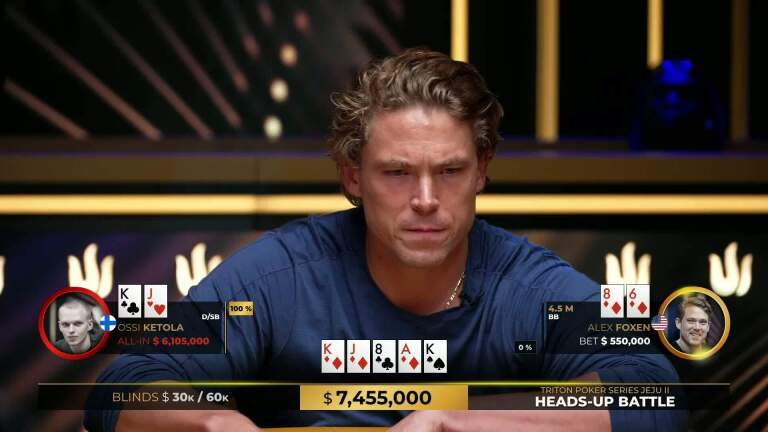Ivey, also known as ‘the Tiger Woods of Poker’, was successfully sued for 7.8 million Pounds, back in 2014. Crockfords casino in London had sued him over money he won playing Punto Banco in 2012. He is now trying to overturn this ruling through a London appeals court. The court is tasked with deciding whether the tactics Ivey used to win his loot of 7.8 million Pounds constitutes as cheating.

Edge sorting is the controversial tactic which Ivey admitted to using to win. Edge sorting refers to the strategic tactic of using inherent irregularities within the design of the back of cards to gain an advantage. These differences in design are slight, and often not noticeable to the average person. By successfully identifying important groups of cards (either high or low value cards, specifically), Players are then able to make better informed betting decisions. The casino in question was using faulty cards, and as a result Ivey was able to identify asymmetries on the back of the cards.
Ivey has claimed that using edge sorting was not an illegitimate practice. Especially in terms of Baccarat which is a game purely based on chance; no skill is involved at all. Ivey asserted that he did not cheat, and is not inclined to do so. He suggested, rather, that the casino (who claimed to be unaware of edge sorting at the time) did not do everything in their power to protect themselves against a player of Ivey’s level.
It is now in the hands of a London Appeals court to make a ruling. They will need to make a decision on what the legal definition of cheating is, and what it entails, as this is currently somewhat unclear in certain circumstances. In the original court case, the judge felt that Ivey was being authentic in his testimony that he did not believe what he did was wrong, or counted as cheating. Unfortunately, the court still ruled against him. In addition, Ivey has been accused of also fraudulently influencing a croupier to deal and move the cards in specific ways without her even being aware of what she was doing at the time. The croupier was an innocent victim of Ivey’s manipulations.

The current appeal of the 2014 ruling is now currently underway, having started on 13 April 2016. For now it is unclear which direction the case will go. Much time has passed between now and the initial ruling. This has been helpful in allowing discourse to be had revolving the dilemma of how edge counting should be dealt with, and whether or not it falls into the category of cheating.
Maybe Ivey should have a go at playing poker online, where it is less likely you will get sued. It would probably save him a lot in legal fees, but he won’t be able to use his edge-sorting technique there!















0 comments